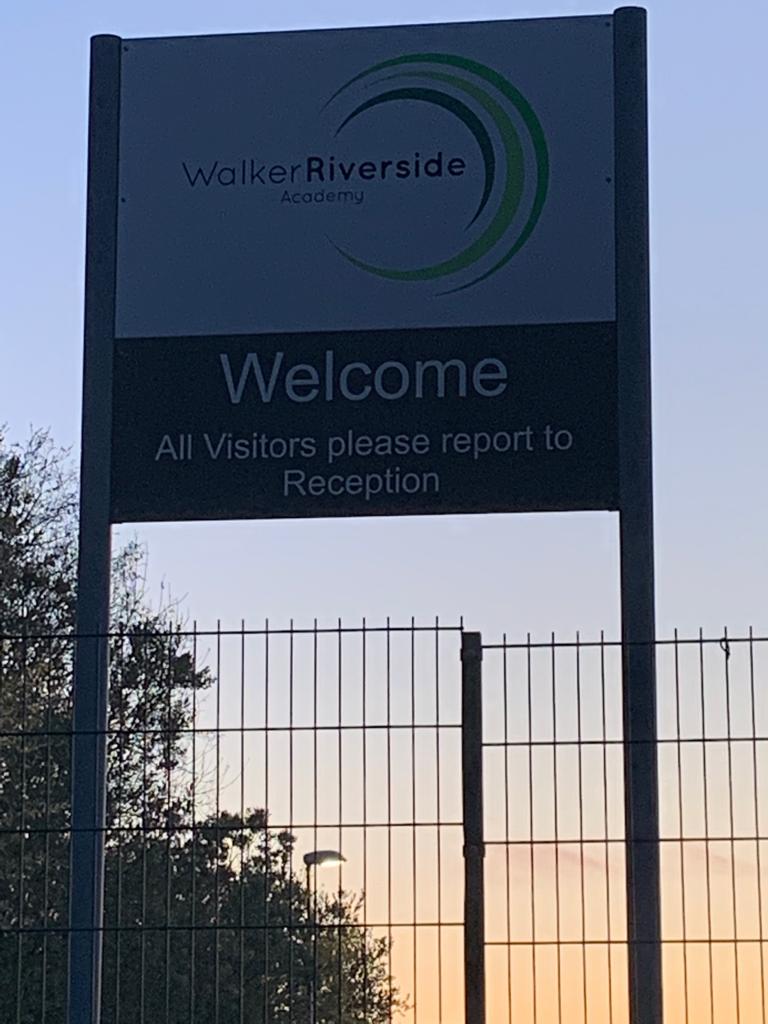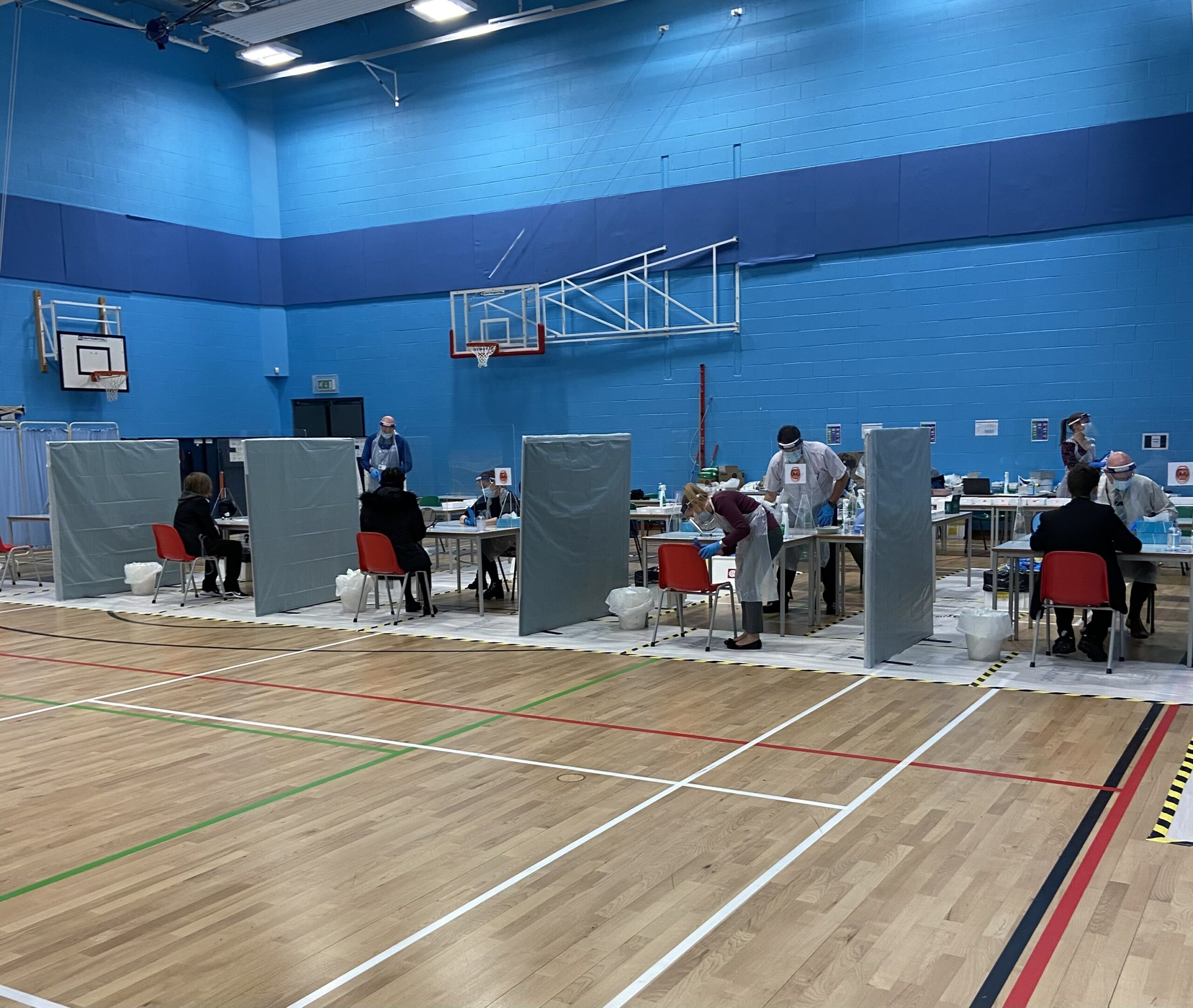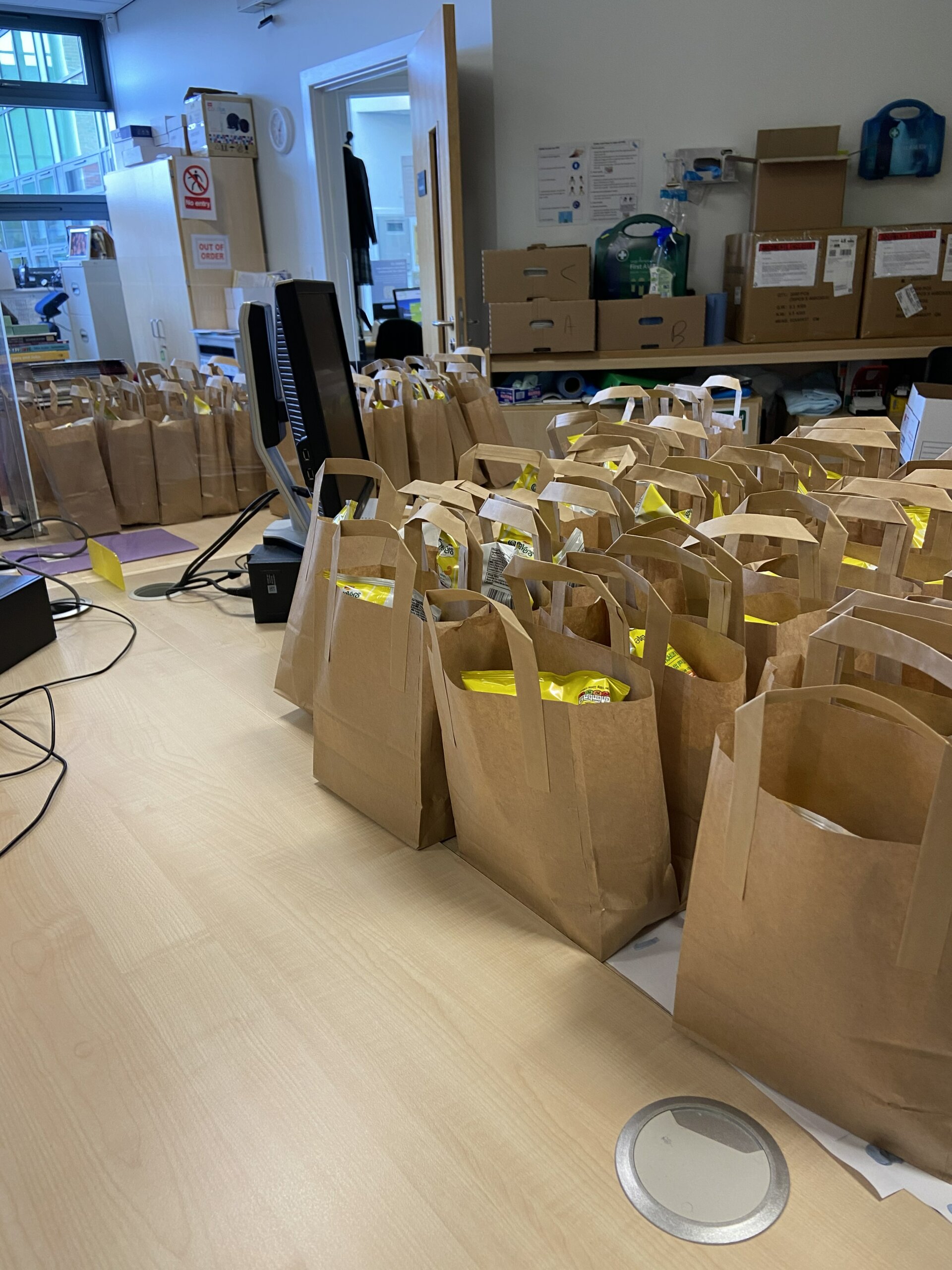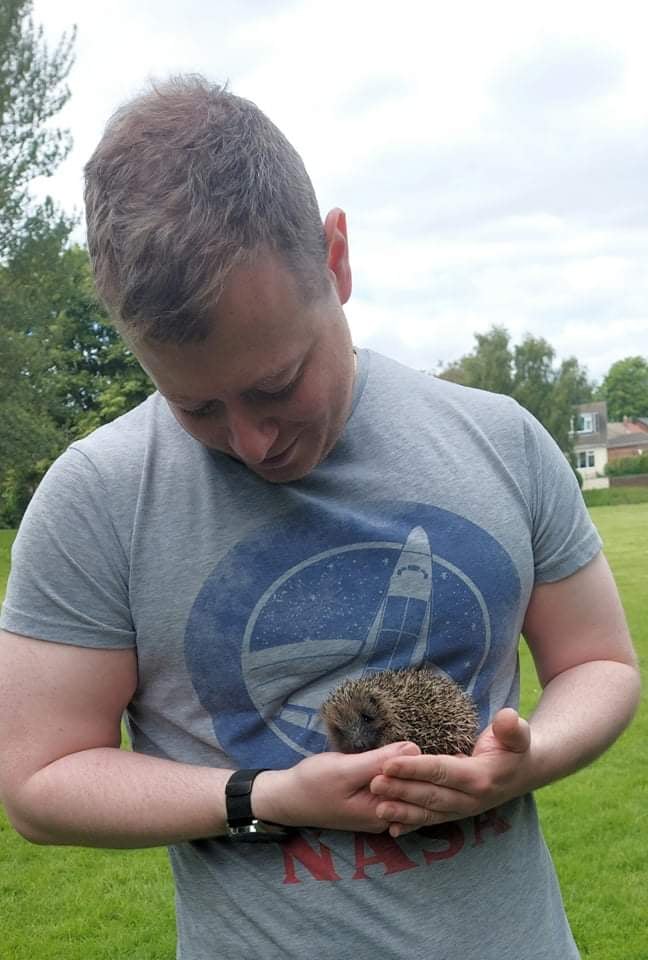SINCE the beginning of the pandemic we have heard about the struggle of home schooling parents and how difficult is to teach. But what about what teachers did during those days and still do today? SR News reportage from Walker.
FOOD parcels delivered door to door. Phone calls to pupils and home visits. Vouchers and prizes to ensure attendance. All these while delivering live lessons and planning Covid tests in their school halls.
Teachers’ lives during the pandemic haven’t been as glamorous as some people may think. And the reality is that for many teachers in some of the most deprived areas in the country, this was the norm even before Covid.

Photo credit: Barbara Longo-Flint
Walker is in the east end of Newcastle upon Tyne. According to the English Indices of Deprivation 2019, Walker was in the top 10% of the country, ranked 32 out of 32,844 areas analysed. Over 60% of the population lives in council properties and 44.5% have no qualifications (source: ONS 2011 Census).
The decline of the shipbuilding industry, in addition to years of austerity, has taken a terrible toll on families and, consequently, on children. For years, teachers, head teachers and pastoral teams have highlighted how poverty and deprivation were affecting pupils, urging Ofsted and Department of Education to recognise the impact on the children mental health.

Photo credit: Gordon Hart
But schools are still the only reference point for many children living in extremely difficult situations as Gordon Hart, Head of Dobson School at Walker Riverside Academy explained. “The kids are great, but you still feel a sense of a Walker kid is a Walker kid. There’s a lot more pressure on results. And unfortunately, when Ofsted comes in, they’re not interested so much in the back story of the students, the reason that this kid hasn’t got these grades or hasn’t reached his potential.
“It’s strange because we’ve always tried to argue that with all the inspectors, that we have a lot of students with mental health issues and that it will affect their work. If they have parents that don’t work, if money is tight, if there is no food on the table and they go hungry of course it’s going to affect their learning. But all of a sudden, when there’s a global pandemic and the government wants students back in school, they play the mental health card.”
Mr Hart believes that there has been an increase in mental health issues over the years, coincided with cuts to social services. Therefore, the children are not getting the help they need. “When I first started here, I could phone social services for something which now I wouldn’t even bother phoning as I know I won’t get through. The kids have almost got to be right on the edge of wanting to live before getting help. So, for that reason, you see a lot more issues with things like self-harm.”
Walker Riverside has currently 1,100 pupils. Out of these, nearly 65% are on free school meals. A number destined to rise with the end of the furlough scheme. Most of them have benefitted from the Marcus Rashford campaign, but this has added another burden on teachers that physically deliver those food parcels.
“About 20 of us would spend two hours driving around and knocking on doors,” said Mr Hart.
“We’ve also been delivering Chromebooks and laptops to students who don’t have them. We’ve been delivering dongles for those that don’t have an internet connection. Because when you’re living through a pandemic, when money is tight and parents are being furloughed or parents have lost a job, the first thing to go is luxury, like the internet.
“We also do safe and well checks. We phone every student once a week, just keeping that connection going. And sometimes we have to physically go around, knock on the doors and have a socially distanced catch up, because a lot of these phone calls bring up their own issues. They are a wonderful bunch of students, so you become quite passionate and quite defensive of them. Therefore coming in and delivering food parcels, and sanitary packs and laptops doesn’t feel like work. It feels like a mission, you feel like it’s time that you want to give, not that you’re forced to give.”

Photo credit: Gordon Hart
And when the job feels like a mission, every completed one is a new star on the chest. One of these stars is Jack Miller. After successfully finishing his A level at Walker Riverside in 2015, he graduated in psychology at Northumbria University in 2018.
“I was inspired by all the discussion we were having a school. My teachers really helped me to achieve my potential. Obviously, when you’re a teenager and a young boy, you’ve got your insecurities and your anxiety. There were times outside of the classroom where I was struggling and I wouldn’t make it clear. But my mom certainly reached out. And my teachers were there for me and I was made aware that there was support there for me. And I want to thank them. They were always fair. Firm, but fair. And you have to be in a school like Walker. I think the best way to describe it is that they could have a laugh with you, but when it was time to get down to work, we all had to work. But they never lost faith in us. And this is why many of us reached results that in the past would have been unimaginable for a Walker kid.”
A glimpse of hope, but also a final request from Mr Hart: “If children’s mental health is important, then the government need to put more money into social services, into agencies which can deal with the mental health, so that there is help available. And if that happens, then there will be a natural reward, because if children are happy and safe and feel secure, then they will learn more. This pandemic has held a mirror up to the country. There is a difference between those who have and those who don’t. And education is all we have left.”




An interesting, well rounded factual article shedding light on aspects of the work of teachers hitherto, wholly unknown.